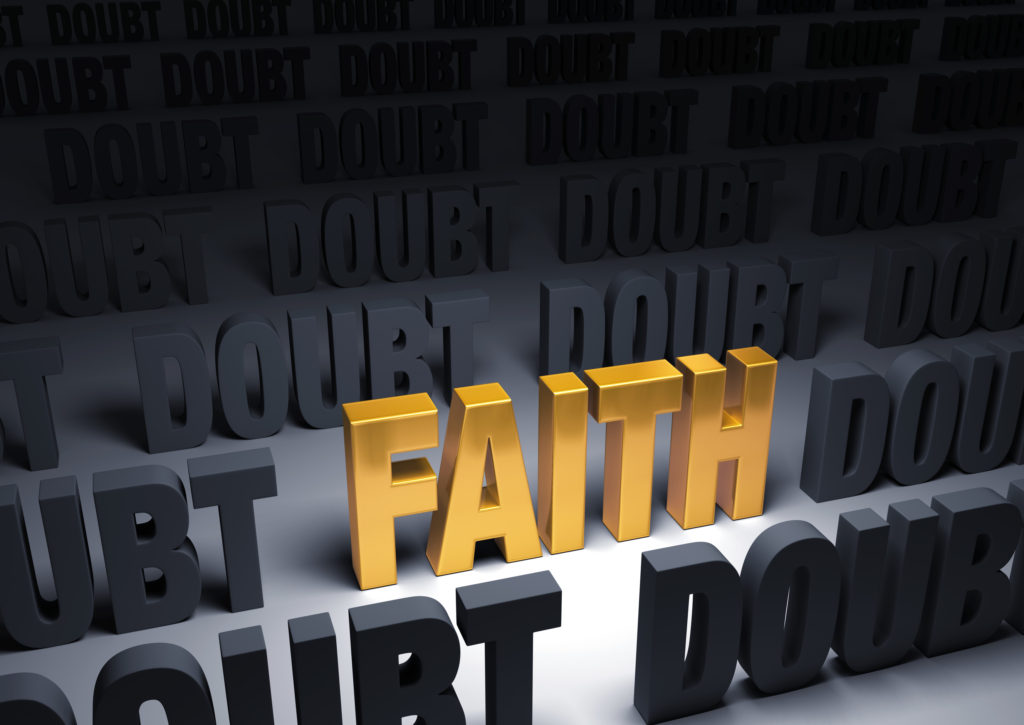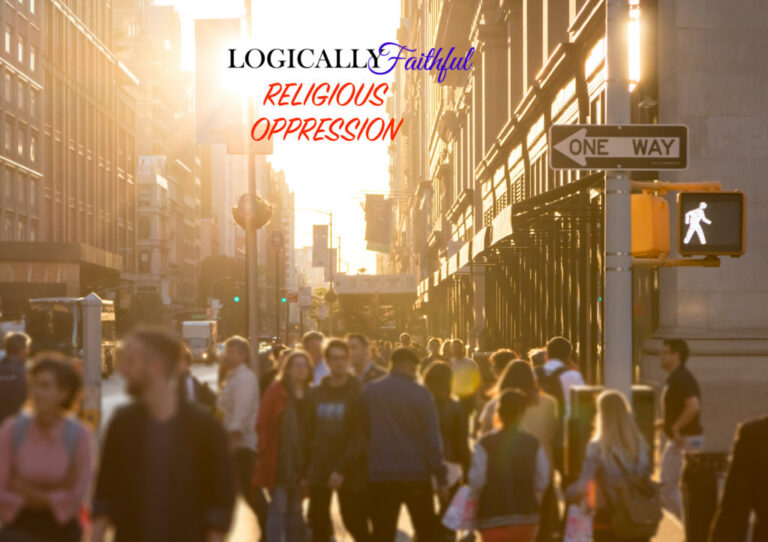Something I will never forget happened to me in my first year at Eastern Illinois University. The professor said something that altered my life that day, and I did something that I would regret for the rest of my life! That professor was a strange one, but strange ones make a difference in the world, so I took his class. He was called the cave man because college rumor was that he lived in a cave. He also did not wear shoes. In this podcast, I talk about it all and open my heart to you about my own doubts and how you can deal with your doubts without dismissing them.
He started the class by saying that he will be proving that the Bible is a book full of myth and folklore. He said that anyone who believed otherwise would have his beliefs shattered like a glass of wine all over the pavement.
So I stayed and began to research and establish evidence that he might not be as right as he thought he was. No. That is not what happened. I fled like a zebra from a lion! I dropped the class.
I escaped because I was a coward.
However, that event was a major turning point for me. It changed me. Now I run to the hard questions, towards lions, instead of running away from them!
RUN INTO THE HARD QUESTIONS NOT AWAY FROM THEM: B/C honest doubts can lead you through back door of truth-and to a stronger faith
Doubt can lead to great faith. Those who suffer doubt the most can become the most honest of people. One of the most influential philosophers and apologists alive today is William Lane Craig, he wrote that “Any Christian who is intellectually engaged and reflecting about his faith will inevitably face the problem of doubt.” [William Lane Craig, Hard Questions, Real Answers (Wheaton, Ill.: Crossway Books, 2003), 31.]
There is a great deal of importance of that evidence makes but there are limits to it. There is only so much evidence we can pursue, we also have to learn to trust the legitimate authority of the Holy Spirit in our lives.
Most of our doubts can raise their heads for a variety of reasons and most of them are not intellectual. We might doubt that God is good or that the Bible is telling the truth, but many of our doubts come from deep pain or sorrow or disappointment that may come from betrayal or other such stabs in the heart like a painful divorce, the death of a child loss of job.
If you doubt you remember these principles in this podcast, that helped me:
1) You are not alone. Greater men and women than us have deal with it! Jacob, Abraham, Moses, and even Jesus struggled with questions they could not answer!!
2) Absolute certainty is absurd. You will never exhaust the answers to all the mysteries of theology or life. You have to come to a point where you will trust and follow.
3) Read great literature to help cultivate your imagination: What you put in your soul matters and it has fruits!
4) Be in Community. Most importantly, surround yourself with good people who you can share your struggles with and see how they made it through. You are the sum of the 5 people you spend the most time with.
Remember, Faith is a verb. It is more like a choice, a commitment not an emotion!
=========
In this podcast, as with season 2, I address questions podcasters have.
Mark writes “I want to believe in God, but I struggle with Christianity because I am gay. And am I going to hell??”
In this podcast, I answer his question!
Homosexuality Resources:
- J.D. Greear : Same Sex Attraction and the Bible
-
Christopher Yuan on How to Engage Today’s Gay Marriage Debate
- Joe Dallas, Speaking of Homsexuality
Best resources on Doubt…
from JOHN ORTBERG
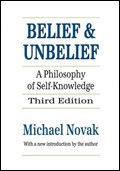 |
Belief and Unbelief: A Philosophy of Self-Knowledge |
This brilliant book traces how the line between faith and doubt doesn’t separate us into different camps; it runs through every human soul. Novak is relentlessly honest, deeply informed, sympathetic to all honest searching, and achingly personal.
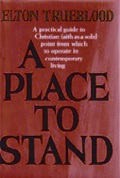 |
A Place to Stand |
Trueblood points out what we so often miss: The modern deference given to doubt is neither necessary nor rational; we speak of “blind faith” and “honest doubt” when faith can also be honest and doubt can also be blind. He unpacks the core conviction of Christianity: that Christ was not wrong.
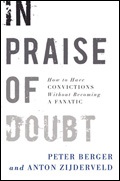 |
In Praise of Doubt: How to Have Convictions without Becoming a Fanatic |
This book outlines how to hold convictions in a postmodern world with both civility and confidence. It also demonstrates how and why the “secularization thesis” (that religious belief would diminish after modernity) has proven resoundingly hollow.
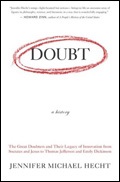 |
Doubt: A History |
Hecht’s tour de force takes readers on a guided journey of doubt from the pre-Socratics to contemporary philosopher Daniel Dennett. While Hecht’s own sympathies lie with the doubters, she writes with grace, flair, and engagement.
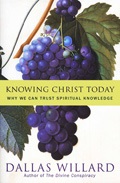 |
Knowing Christ Today: Why We Can Trust Spiritual Knowledge |
A decaf version of a technical work aimed at philosophers, this book covers topics like the nature (and necessity) of moral and spiritual knowledge, the fundamentals of worldview, the best reasons why belief in God can be confidently held, and the form of pluralism most needed today.
Podcast: Play in new window | Download

